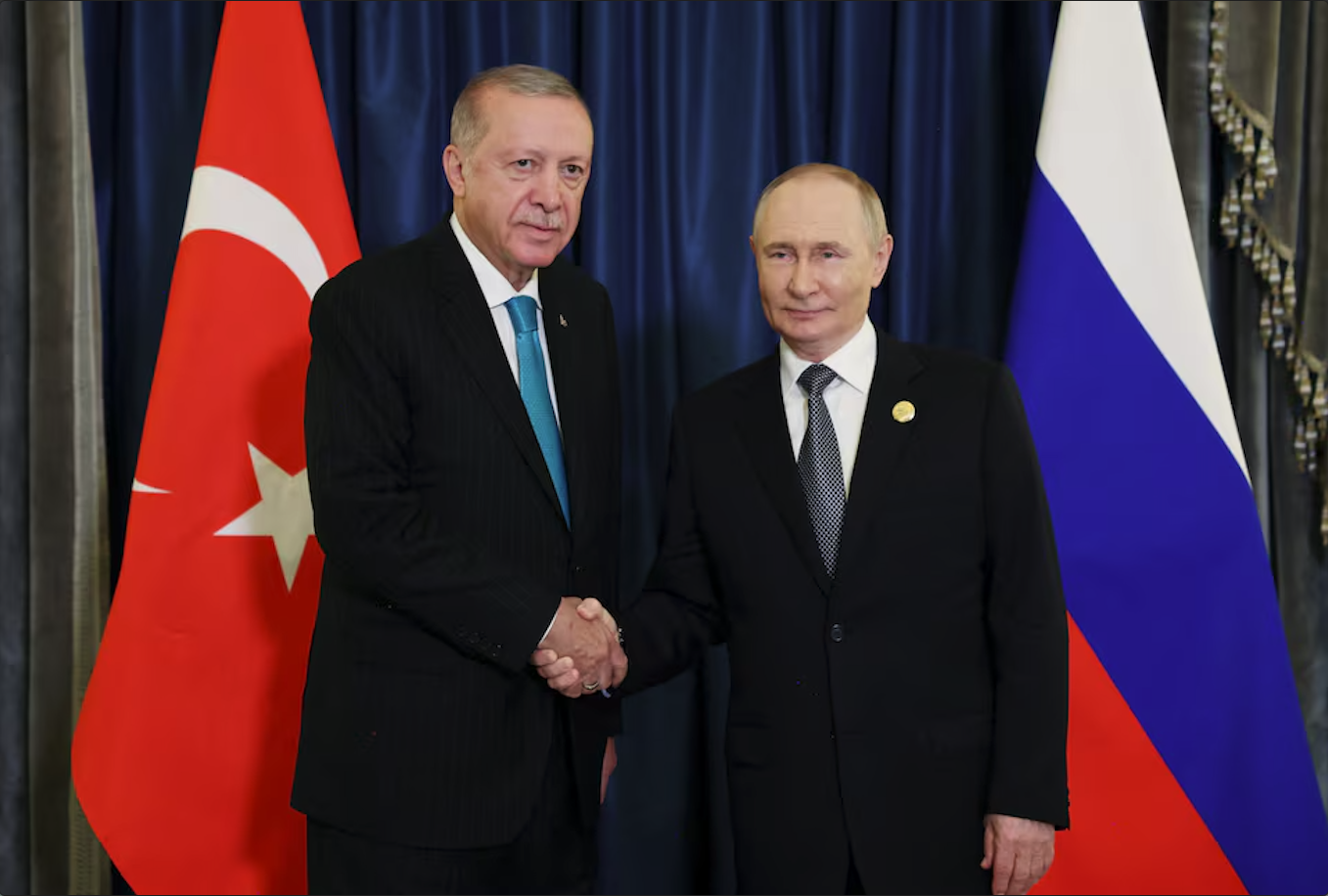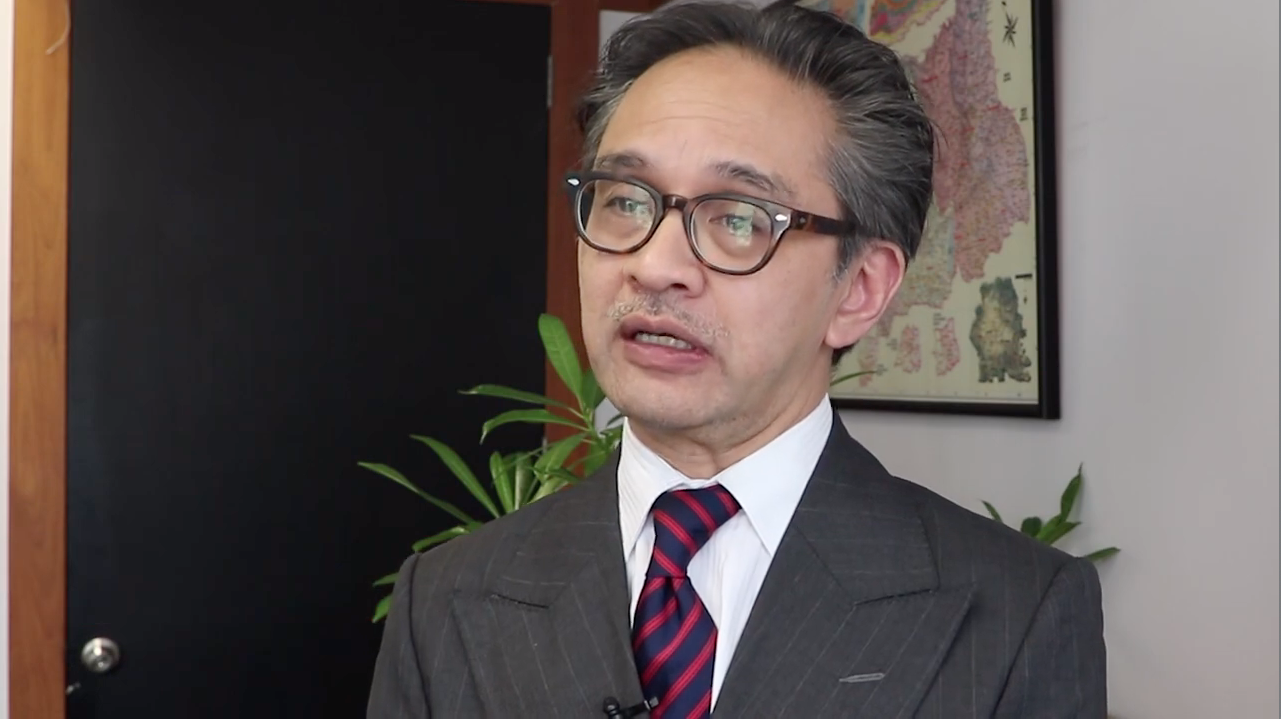Turkey plays a growing role in regional politics. Its government pursues an independent foreign policy while managing complex ties with NATO, Russia, and several Middle Eastern states. This strategy reflects its geographic position, economic needs, and security concerns. The result is a pattern of balancing interests that sometimes conflict but often produce short-term gains.
Turkey has been a NATO member since 1952. It hosts U.S. forces at Incirlik Air Base, supports NATO operations, and contributes troops to missions abroad. Its military coordination with NATO remains active. At the same time, Turkey bought Russian S-400 missile systems in 2017 and received deliveries in 2019. This caused tensions with the United States, which responded by removing Turkey from the F-35 fighter jet program. U.S. officials warned that the S-400 system could compromise NATO defense networks. Turkey disagreed, arguing it needed the system for its own defense. It rejected Western pressure and said it had the right to diversify its defense sources.
Despite the dispute, Turkey has not left NATO. It still engages in joint exercises and continues to approve new membership requests, though sometimes with delay. For example, Turkey blocked Sweden’s NATO application for over a year, citing security concerns linked to Kurdish groups. It later approved the bid in exchange for defense-related concessions. These actions show Turkey uses its NATO position as leverage. It stays in the alliance but challenges parts of the group’s consensus when national interests require it.
Turkey’s ties with Russia show a different kind of calculation. The two countries support opposing sides in Syria and Libya, but they keep diplomatic and economic channels open. They coordinate military actions to avoid direct clashes. They also cooperate on energy and trade. Russia built Turkey’s first nuclear power plant, Akkuyu, which began partial operations in 2023. The two countries also signed gas agreements that allow Turkey to be a transit point for Russian energy to Europe. Trade between the two grew to over $60 billion in 2023. Russian tourists continue to visit Turkey in large numbers, providing revenue to its tourism sector.
When Russia invaded Ukraine in 2022, Turkey condemned the attack but avoided direct sanctions. It supplied Bayraktar drones to Ukraine, which were used in early stages of the conflict. At the same time, it kept communication lines open with Moscow. Turkey hosted early peace talks between Russian and Ukrainian officials in Istanbul. It also helped broker a deal on grain exports that allowed Ukrainian ships to leave Black Sea ports under UN supervision. These actions showed that Turkey used its position to mediate, while also protecting its own access to trade and security in the region.
In Syria, Turkey carried out cross-border operations against Kurdish groups it considers linked to the PKK. It controls zones in northern Syria and supports Syrian opposition forces. Russia and Iran back the Assad government, but Turkey still holds regular talks with both countries under the Astana process. This reflects a pattern where Turkey builds temporary cooperation with rivals to manage regional threats.
Turkey’s relations in the Middle East have changed in the past three years. After years of tension with the UAE, Saudi Arabia, and Egypt, Turkey moved to restore ties. These shifts followed regional realignments after the Abraham Accords and economic changes linked to COVID-19 recovery. Turkey improved relations with the UAE in 2022, leading to a set of trade and investment agreements worth over $50 billion in 2023. It reopened dialogue with Saudi Arabia, including coordination on energy and defense. These moves increased access to capital and reduced diplomatic isolation.
In 2022, Turkey and Israel announced a full restoration of diplomatic relations. This followed over a decade of limited ties due to clashes over Gaza and flotilla incidents. The change reflected mutual interests in energy cooperation and trade. Israeli companies seek access to Turkish ports and pipelines. Turkey wants to expand influence in East Mediterranean gas routes. Both countries benefit from reduced tension and open economic channels.
Economic needs play a strong role in shaping Turkey’s foreign policy. Its economy faced high inflation and currency devaluation in 2022 and 2023. Tourism, foreign investment, and export markets became urgent concerns. By expanding ties with Gulf states and avoiding full alignment in conflicts, Turkey kept its access to both Western and Eastern markets. It received currency swaps from Qatar and investment pledges from the UAE. It maintained trade with Russia while staying linked to European markets.
This balancing strategy has risks. NATO allies question Turkey’s reliability. Russia may push for deeper concessions. Middle Eastern states may shift again based on changes in leadership or external pressure. Domestic politics also affect foreign policy decisions. The Turkish government uses regional moves to support national narratives, appeal to voters, and distract from economic hardship. Foreign policy becomes part of domestic positioning, which may lead to short-term gains but long-term uncertainty.
Despite these risks, Turkey shows consistent patterns in how it manages its position. It builds flexible partnerships rather than fixed alliances. It uses its geographic location to act as a bridge and a buffer. It takes part in both Western and non-Western platforms. These choices increase its options but also demand constant adjustment.
Turkey’s current role depends on access, negotiation, and selective alignment. It keeps NATO membership while working with Russia. It sells drones to Ukraine while trading with Moscow. It partners with Gulf countries while maintaining influence in Syria and Iraq. It accepts U.S. military presence while buying defense systems from Russia. Each of these moves reflects a calculation of what brings the most benefit with the least cost. The approach works when Turkey avoids direct conflict with major powers and manages internal stability.
As global power competition grows, Turkey’s role will remain important. It has influence in Europe, Central Asia, the Middle East, and the Eastern Mediterranean. Its foreign policy does not follow a single bloc. It reflects the view that multiple alignments serve national interest better than full loyalty to one side. This approach allows Turkey to act with flexibility but also requires it to manage tension on several fronts. Whether this balance holds will depend on its economy, leadership decisions, and external shocks. For now, Turkey continues to use its position to stay relevant in every direction it faces.



